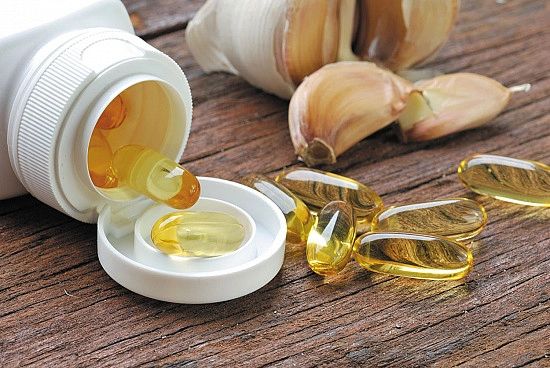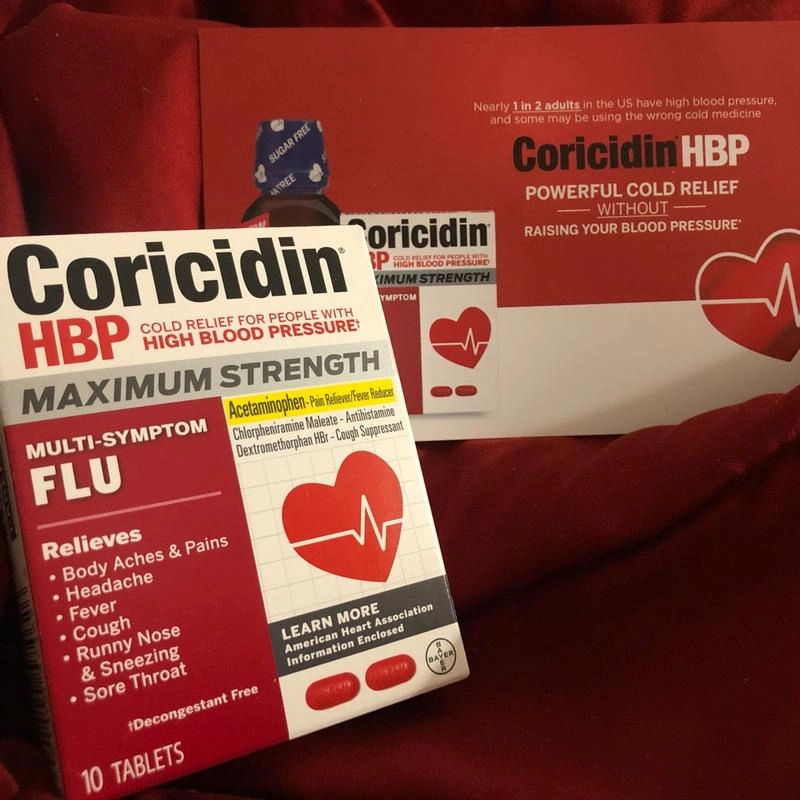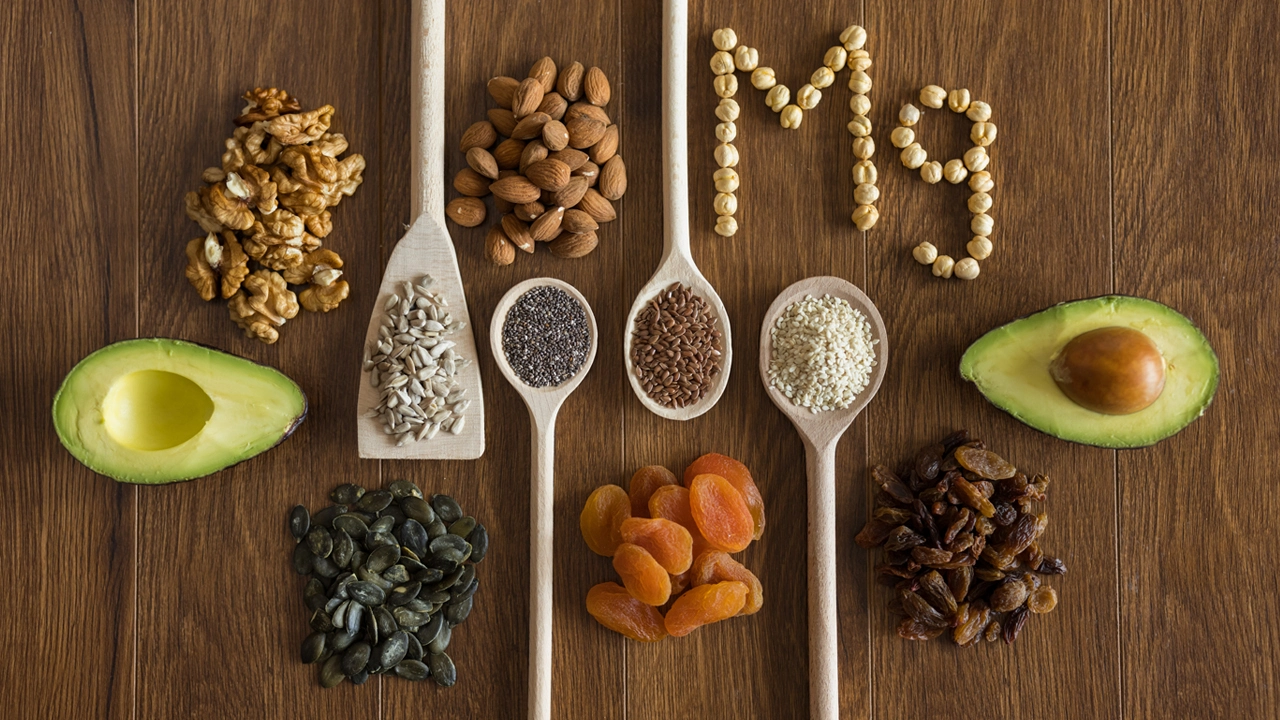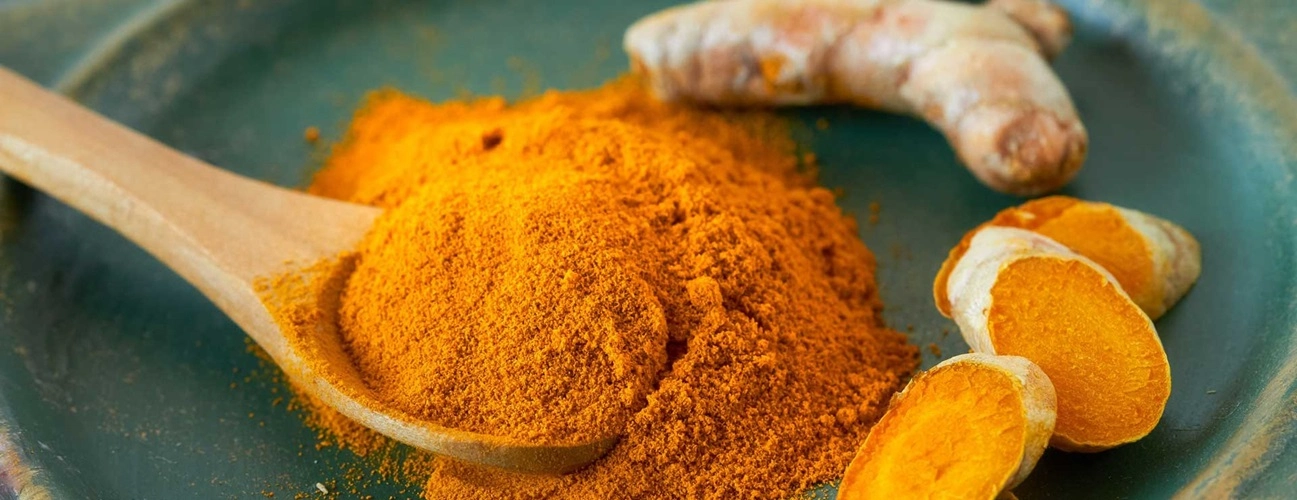Some people may detect no change in their heart health or even improvements, while others may see a modest increase in their blood pressure. Nonetheless, there are numerous safe methods to control blood pressure, such as altering your lifestyle, getting regular checkups, and collaborating closely with your physician. Let’s get started!

What Is Testosterone Therapy?
People with low testosterone levels benefit from testosterone therapy. Men whose bodies don’t naturally make enough of this hormone are frequently treated with it.
Muscle weakness, poor sex drive, and exhaustion are some of the signs of male hypogonadism, or low testosterone.
TRT is intended to improve these symptoms and general quality of life by bringing testosterone levels back within a healthy range.
How Does Testosterone Affect Blood Pressure?
The way your body regulates blood pressure can be altered by testosterone. It functions in a variety of ways, some of which may cause your levels to rise or fall based on your general health.
Blood Vessels
Testosterone promotes blood vessel relaxation and enlargement. This can reduce blood pressure and increase blood flow.
The renin-angiotensin-aldosterone system (RAAS), which regulates blood pressure and fluid balance, may be activated as well.
Blood flow can be hampered by blood vessel tightening and loss of elasticity caused by excessive RAAS activity. Blood pressure rises as a result of this resistance.
Blood Thickness
Red blood cell formation is increased by testosterone. These cells transport oxygen, which is vital for good health, to your muscles and organs.
However, the blood thickens when there are too many red blood cells. The heart has to work more to pump thick blood because it travels more slowly. This may eventually result in elevated blood pressure and cardiac strain.
Fluid Retention
The body may retain more salt and water when testosterone is present. As a result, the blood contains more fluid, which makes the heart work harder to pump.
This additional exertion might sometimes cause blood pressure to rise. Swelling in the hands, feet, or ankles is a sign of fluid retention and may become apparent throughout treatment.
Possible Positive Effects
According to some studies, there is a modest rise in systolic pressure, which is the highest number in a blood pressure reading and typically hovers around 120 mmHg. Blood vessel function is either unchanged or even improved, according to some research.
These variations frequently rely on elements like:
- Age, since the impacts can be more noticeable in elderly people.
- Pre-existing illnesses that can intensify alterations, such as high blood pressure or heart disease.
- Pre-existing illnesses that can intensify alterations, such as high blood pressure or heart disease.
How to Lower Blood Pressure While on Testosterone
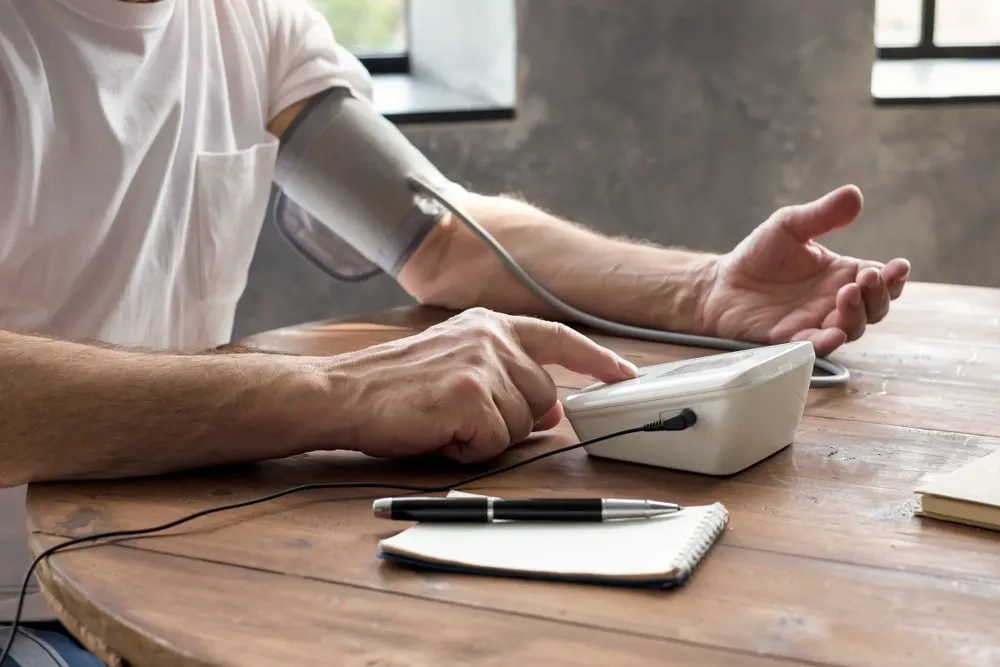
You shouldn’t be concerned if testosterone therapy raises your blood pressure. There are numerous efficient methods for controlling and reducing it.
Dietary Adjustments
Blood pressure is significantly influenced by your diet. Making healthy food choices promotes testosterone treatment and benefits your heart.
Foods to Incorporate:
- Potassium-rich foods: Avocados, sweet potatoes, spinach, and bananas all help to balance sodium levels.
- Good fats: Nuts, seeds, olive oil, and fatty seafood all help to maintain healthy blood vessels.
- Foods high in fiber: Whole grains, such as quinoa and oats, help maintain healthy arteries.
Items to Steer Clear of:
- Salty foods: Fast food, canned soups, and processed snacks are high in sodium.
- Sugary snacks and beverages: These lead to weight gain, which might affect testosterone levels and increase blood pressure.
- Fried or fatty foods: They may negatively impact heart health over time.
Physical Activity
Exercise lowers blood pressure, increases circulation, and strengthens the heart. Include a variety of the following exercises:
- Aerobic exercises include 30 minutes a day of brisk walking, cycling, or swimming.
- Strength training: To improve cardiovascular health and gain muscle, do moderate weightlifting.
- Yoga and stretching help blood vessels function by promoting flexibility and lowering stress.
Begin at a leisurely speed and gradually increase intensity. Always check with your doctor before beginning a new exercise routine.
Stress Management
Blood pressure is strongly impacted by stress, leading to transient increases that may eventually turn into chronic conditions. Pay attention to:
- Relaxation methods: To soothe your thoughts, try deep breathing or meditation.
- Hobbies: Gardening, painting, and other relaxing pursuits.
- Professional advice: If stress becomes too much to handle, consult a therapist or counselor.
Taking the time to manage stress enhances mental and physical well-being.
Hydration and Sleep
The key to controlling blood pressure is getting enough sleep and staying well hydrated.
- Drink six to eight glasses of water every day to help regulate blood pressure and renal function.
- Try to get between 7 and 8 hours of good sleep each night. Blood pressure can rise and hormones can be disturbed by inadequate sleep.
Medical Strategies for Managing Blood Pressure
During testosterone therapy, blood pressure management requires collaboration with your healthcare professional. Frequent blood pressure checks and testing aid in tracking your development and identifying problems early.
Your doctor may change your testosterone dosage if necessary to lessen adverse effects like fluid retention or thicker blood. It can lead to difficulties, so never alter your dosage without first consulting your doctor.
Additional therapies, such as blood pressure drugs or stress-reduction methods, could be suggested when needed. Your doctor should always oversee these tactics and adjust them to your specific demands.
Conclusion
The quality of life can be enhanced with testosterone treatment. But it might have an impact on blood pressure. Blood vessel changes, fluid retention, or thicker blood can all be contributing factors.
Checking blood pressure on a regular basis is crucial. Therapy may be kept safe with a few easy lifestyle adjustments and medical supervision. A customized plan lowers risks while maximizing advantages.


